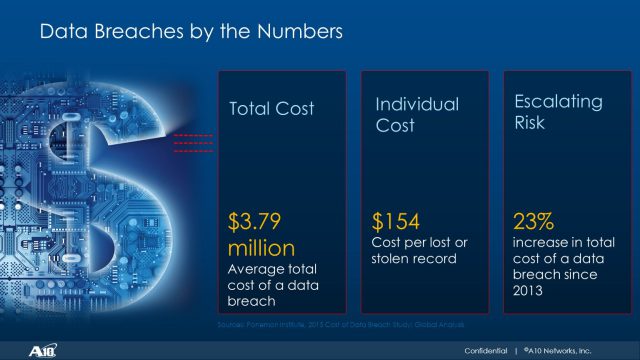Soon we could witness the cessation of attacks on the blockchain's allowed networks, since on March 12, 2019, IBM received a patent for a technology that enhances the security of allowed block chains.
Patent king
Recently, IBM has experienced a lot. Between opening their new center in Melbourne, Australia, and joining forces with CULedger to develop the blockchains of credit unions, they took the time to add another patent to their ever-growing list.
The latest patent, published on March 12, 2019, is intended to increase the security of allowed blockchain networks.
Patented progress
Under the title “ Effectively counteracting replay attacks in the blockchain's allowed and confidential network ”, the patent will work to prevent replay attacks in blockchain networks, while ensuring that user rights and confidentiality are preserved.
A replay attack is a situation in which data transmitted via the blockchain is repeated or delayed by intruders. In the case of a blockchain, an attacker will reproduce the message that was seen in the blockchain. As a result, the network will repeat the effects of the message without sending such a request.
To prevent this from happening, IBM technology will create a communication channel and provide verification of transactions within the network.
“In a computer system network, a communication method may comprise in a user computer system generating a security value that must be used only once, generating a message signed with a security certificate and including a security value, and transmitting the message. through a network of computer systems "
Each transaction on the network will be assigned a unique security certificate, as well as a unique security value that can be used only once. They serve to indicate that a computer system network is allowed to perform a transaction before the specified transaction is executed by the network itself.
Chain fastening
The security of blockchain networks cannot be taken for granted, since any compromise can lead to potentially disruptive results, as evidenced by the double-expense attacks that took place on the Ethereum Classic network in January 2019.
This technology from IBM can prevent a unique set of attacks on networks, ensuring that only authorized computer networks can perform transactions, and blocking any unauthorized parties from committing malicious transactions.

